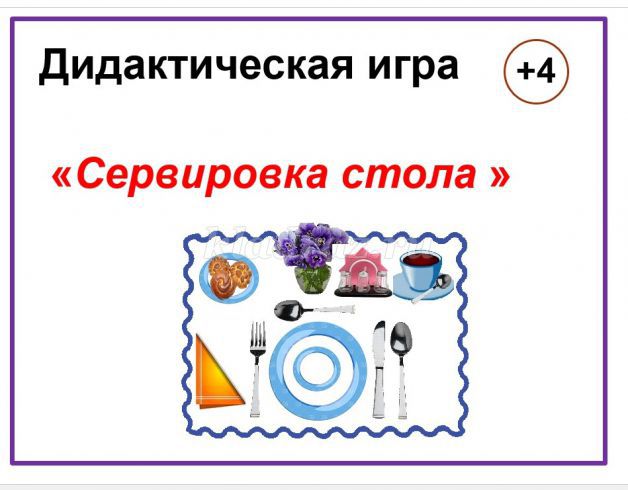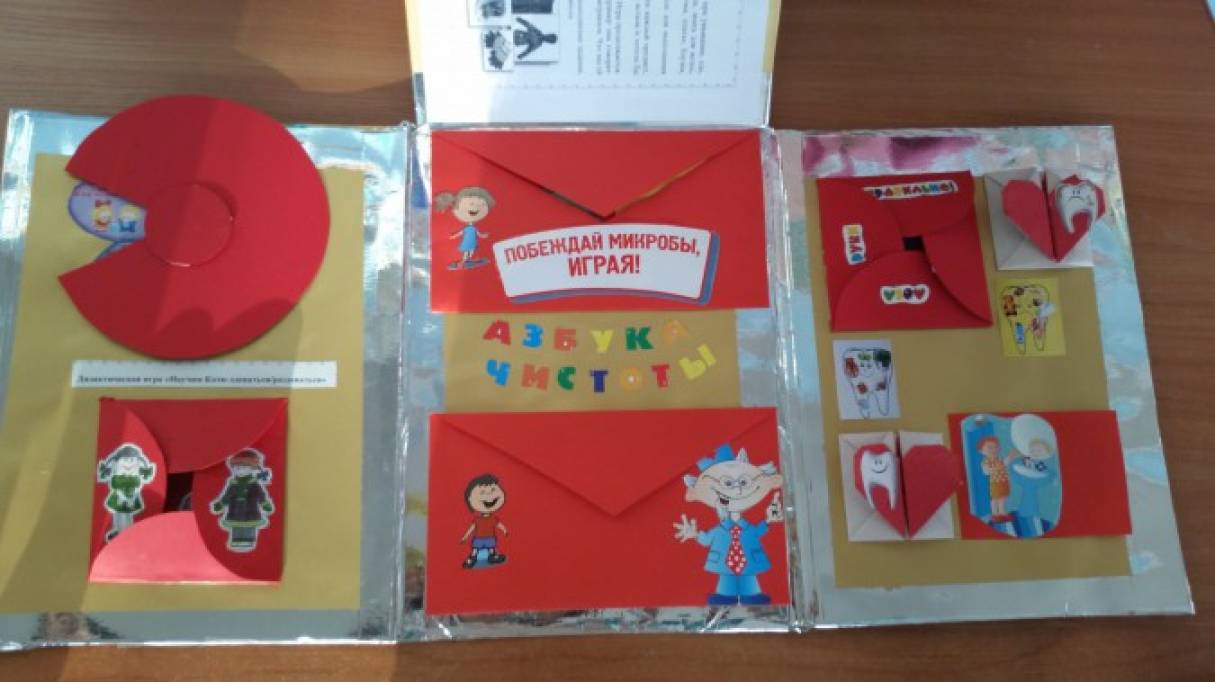Didakticheskie Igri Po Stolovomu Etiketu

The graphic map included in this report depicts the locations at which we know such detention facilities existed, along with the transport routes connecting them. There were, nonetheless, considerable differences in the periods and purposes for which each of these detention facilities was used.
An example with which we were confronted during our fact-finding visit to Pristina concerned excavations in a mineshaft where some thirty bodies of deceased Serbs were said to be buried. The local construction companies employed to do the work were threatened by members of the local community, which caused considerable delay in carrying out the explorations.
According to what we have been told, the prevailing attitude among the Kosovar population is to regard as a “traitor” anyone who provides information regarding mass graves containing Serb victims. The KLA had grown domestically throughout most of the 1990s by rallying the support of volunteer fighters – men of all ages in their respective villages – to coalesce around leaders like Adem Jashari and form small armed units, or “brigades” across the territory of Kosovo. Many of the recruits to this “homeland KLA”, effectively a peasant army, undertook guerrilla warfare training at camps in northern Albania, and smuggled arms into Kosovo with which to undertake acts of violent resistance.
Our inquiry received more than a dozen testimonies of ethnic Albanian males who had taken part in this campaign of “resistance”. With the killing of Jashari and scores of his family members and associates in a clampdown by Serb security forces in1998, this initial incarnation of the KLA was effectively ended, and has gravitated into folklore as a romantic notion of Kosovar liberation, with Jashari as its martyr. Muja was the overall “Medical Co-ordinator” for the KLA General Staff, a post in which he oversaw the provision of medical treatment for wounded KLA soldiers, as well as other emergency cases in KLA operational zones.

Muja notably made use of the Military Hospital in Tirana, Albania, and administered extensive supplies and equipment acquired by the KLA through foreign donations. During 1998 and 1999, as the official representative of the KLA, supported by elements in the Albanian Army and the Albanian secret services, Muja also administered a diverse array of other infrastructure: at least one helicopter; several well-funded construction projects; and makeshift accommodation arrangements – including private houses and apartments – for KLA commanders, recruits and affiliates who travelled into Albania from overseas, including those en route to Kosovo. Geqi and Alija were arrested, in May 2010 and June 2010 respectively, and have been indicted for war crimes against the civilian population. While there is also substantial evidence against the third suspect in this regard, Krasniqi, he remains a fugitive at the time of writing and therefore cannot be subject to charges under Kosovo criminal procedure. Pending Krasniqi’s apprehension, and the efficient administration of justice, the trial of all three men should take place either in the District Court of Pristina or the District Court of Mitrovica in early 2011. One example in the realm of information management is the limited access granted to EULEX police investigators to the criminal databases operated by their Kosovo counterparts. The local leadership grudgingly granted EULEX officers access to the Kosovo Police Information System (KPIS), but only via a handful of user names and passwords, each one of which had to be attached to the login of a known and named EULEX official.
Jul 09, 2015 The future of live TV with 60+ channels. No cable box required. Cancel anytime. Cistitnie tabletki otzivi na.
The searches conducted by each of these usernames could then be directly surveilled by the KP liaisons, who would necessarily know how often, and when, EULEX searches had been performed and also, precisely whom EULEX had been checking up on. Even against this background, there are just as many occasions on which simple technology foils a modern-day police investigator, because KPIS regularly breaks down. The equivalent system for motor vehicle registration, the KVIS, was also opened to EULEX investigators after a period of barely co-operative negotiation with the Kosovo Police. However, the version of the database made available (unlike the original prototype that had been jointly developed under UNMIK) was exclusively in Albanian language. MMA (Monitoring, Mentoring & Advising) does not count for much when the Kosovar partners do exactly what they want – the only remedial action the international liaisons can take is to write a report that goes up the chain of responsibility, and probably lands on a desk somewhere in Brussels and is treated with minimal urgency and a premium on political correctness.